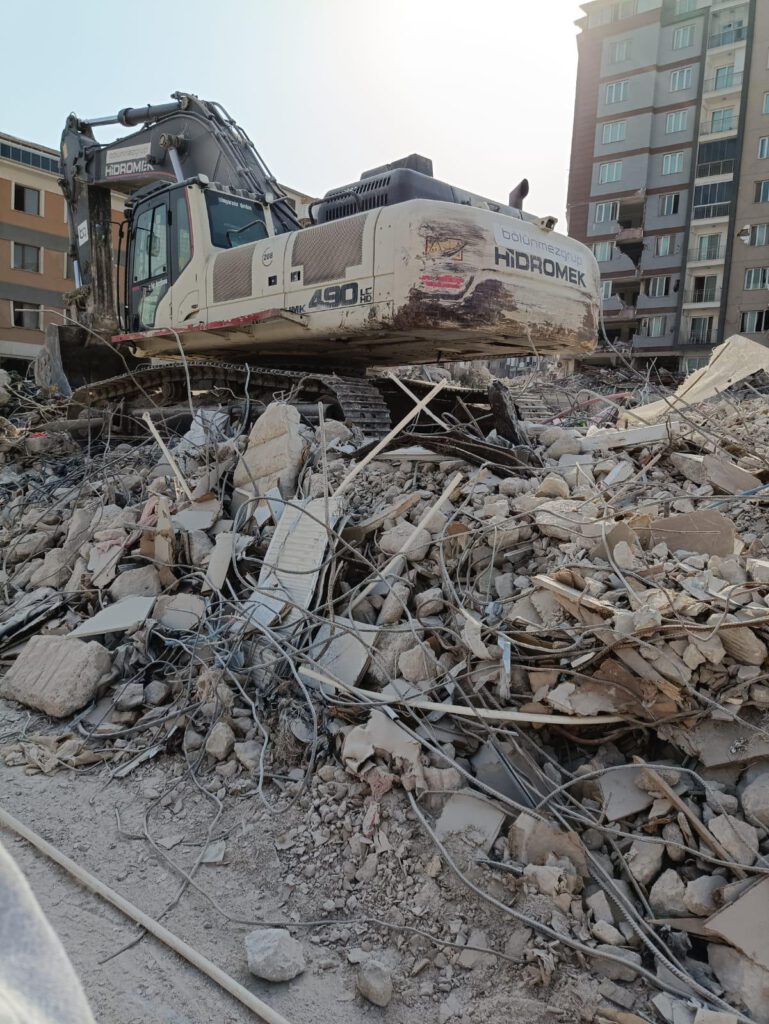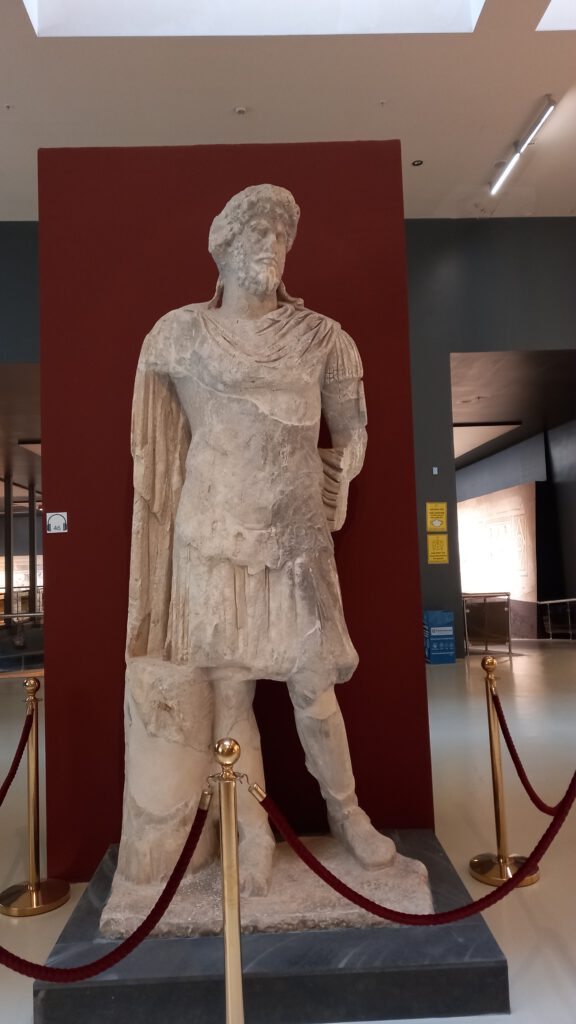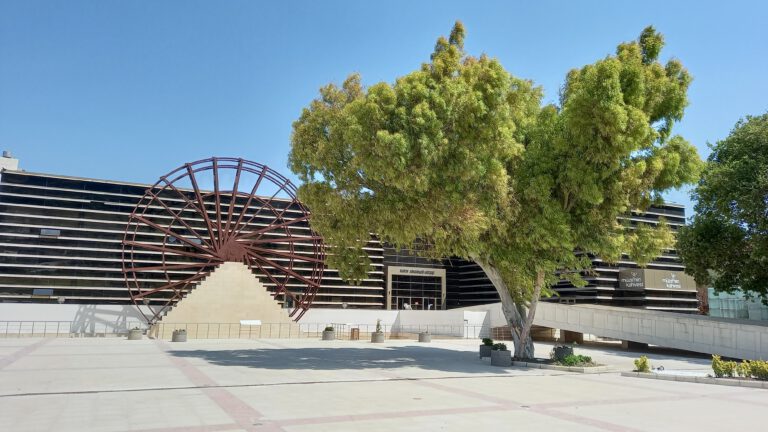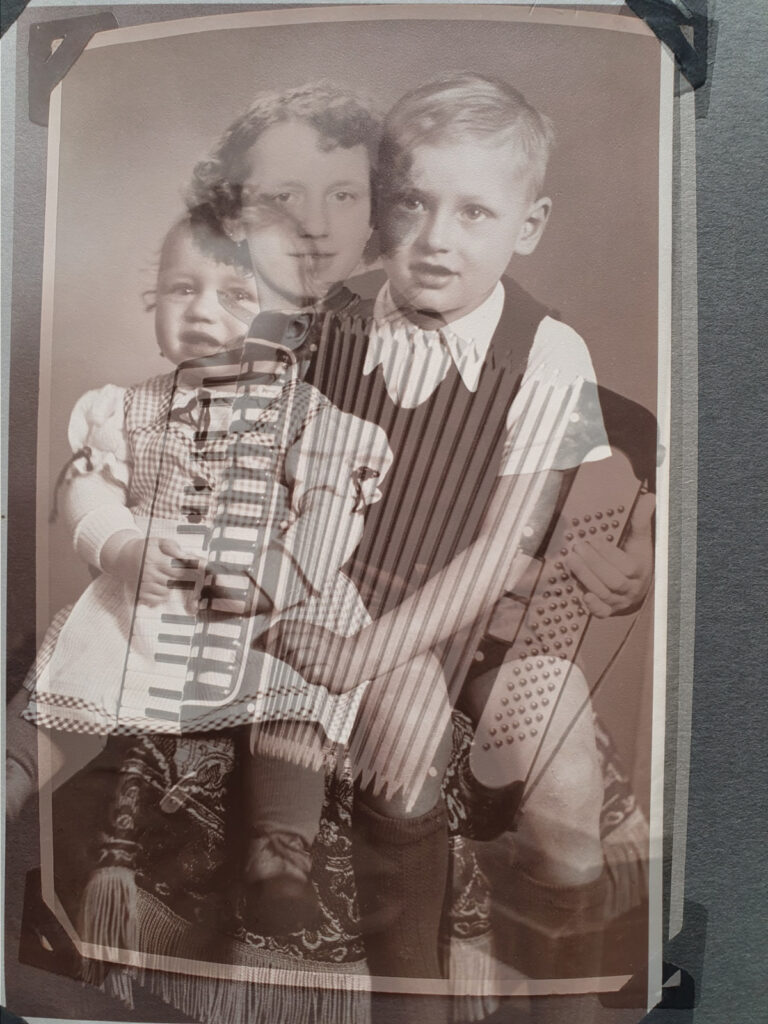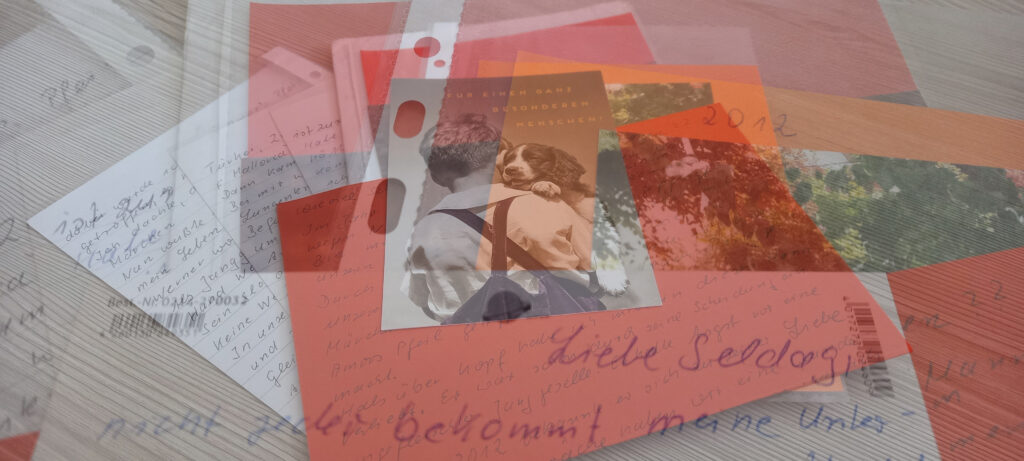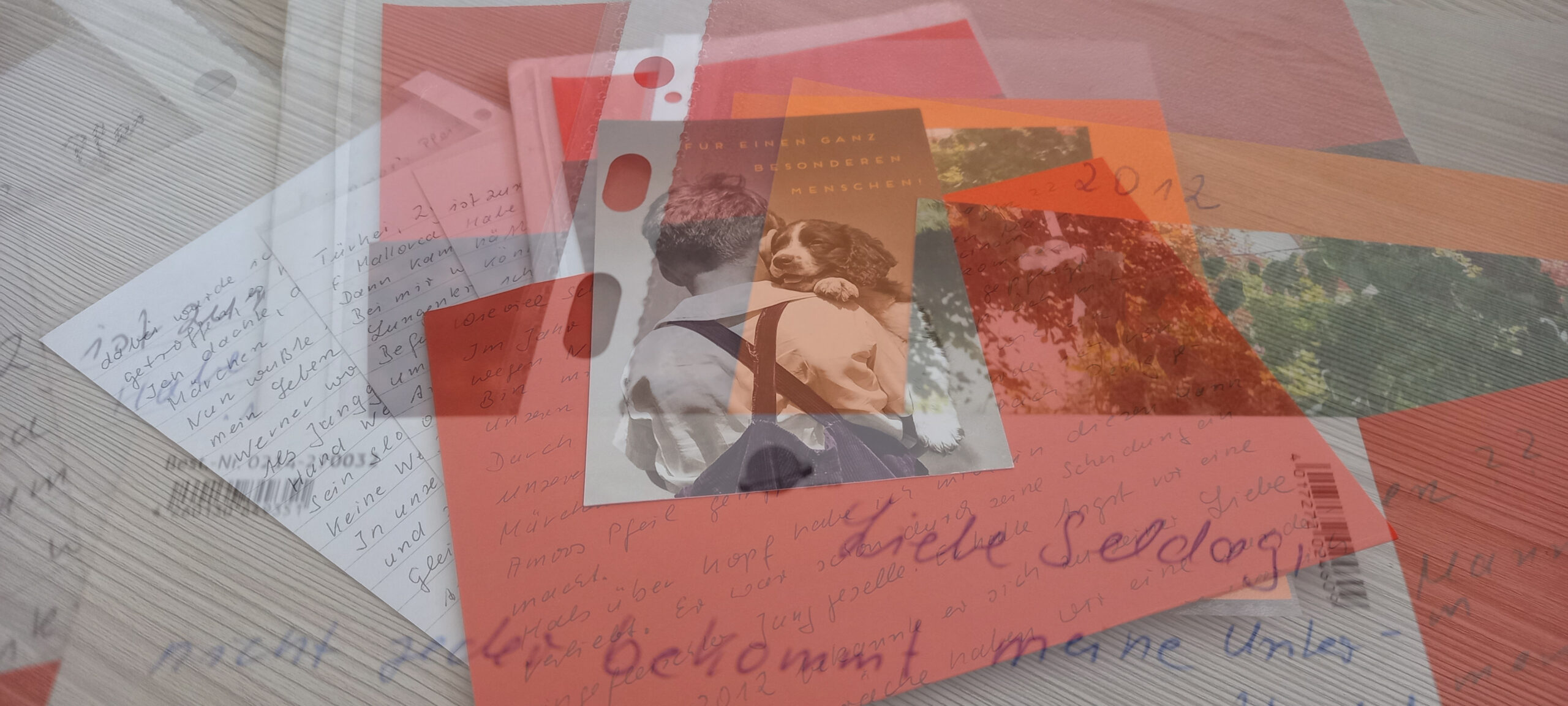Time is the best medicine; they say leave it to time, with time you’ll get over it and forget. Is it really like that? Also, it’s necessary to ask the one who experiences it. It seems that as time passes after a disaster, it’s as if we’re distancing ourselves from the region, as if the wound has healed and the pain has subsided. Perhaps this is the rule of life, and fortunately, it is so. Otherwise, how could one continue in the face of such great pain? Yes, despite the images related to what happened, no matter how much they hurt us, even if we are overwhelmed with great concern or even want to leave our homeland out of fear, we continue with life with great composure as long as the world doesn’t collapse as a whole. Whether we are in the midst of the disaster or far away from it, they say there’s no solution to what has happened, to what has passed away. Perhaps, that’s the essence of everything.
Actually, this is how it is for me, and I continue with my daily routines in the same way. However, inevitably, the subject either revolves around Hatay and Antakya at least once a day or the earthquake. Sometimes, it comes up with information that seems both old and new. That thing called history. And at one point, I found myself trying to weave these pieces of information like a braid, taking the old from the right and the new from the left, trying to reach a conclusion. And within the questions that this braid brought along.
If you agree, we can start weaving these pieces of information together with that famous mindfulness, staying in that famous moment. On one hand, taking the interesting experiences accumulated in the history of Hatay, called the past, and on top of that, adding the experiences we witness, called the present. What do you think? Those who agree… Those who don’t… It is accepted. Well then, let’s hit the road right away, and let’s start with the name Antakya first.
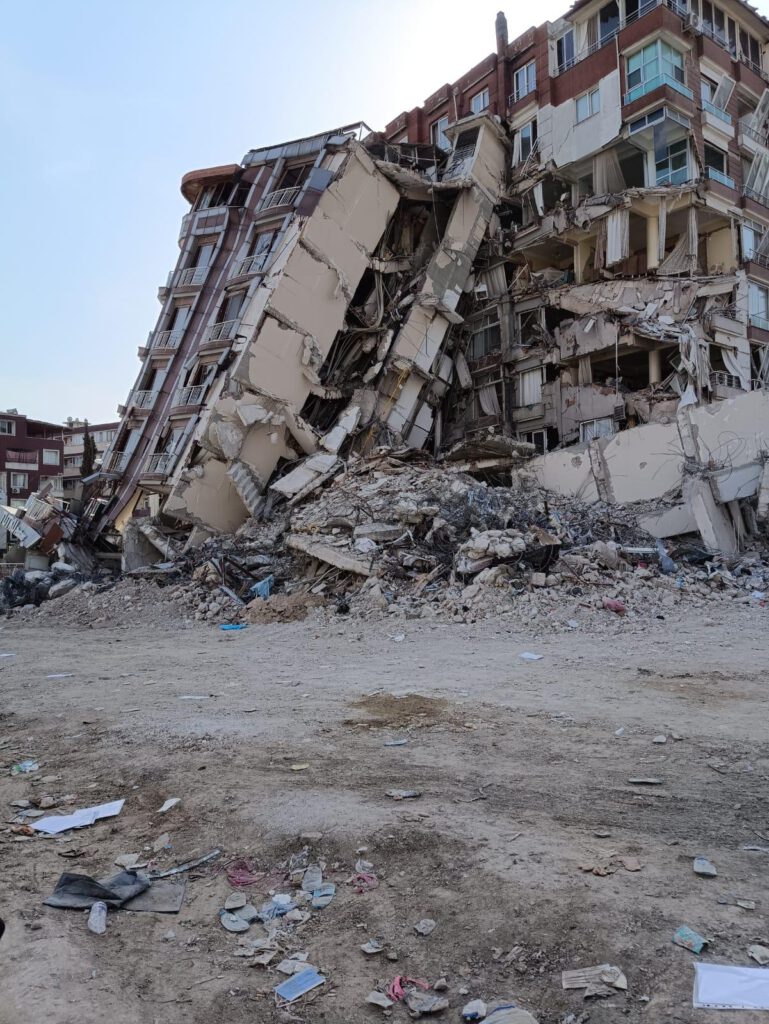
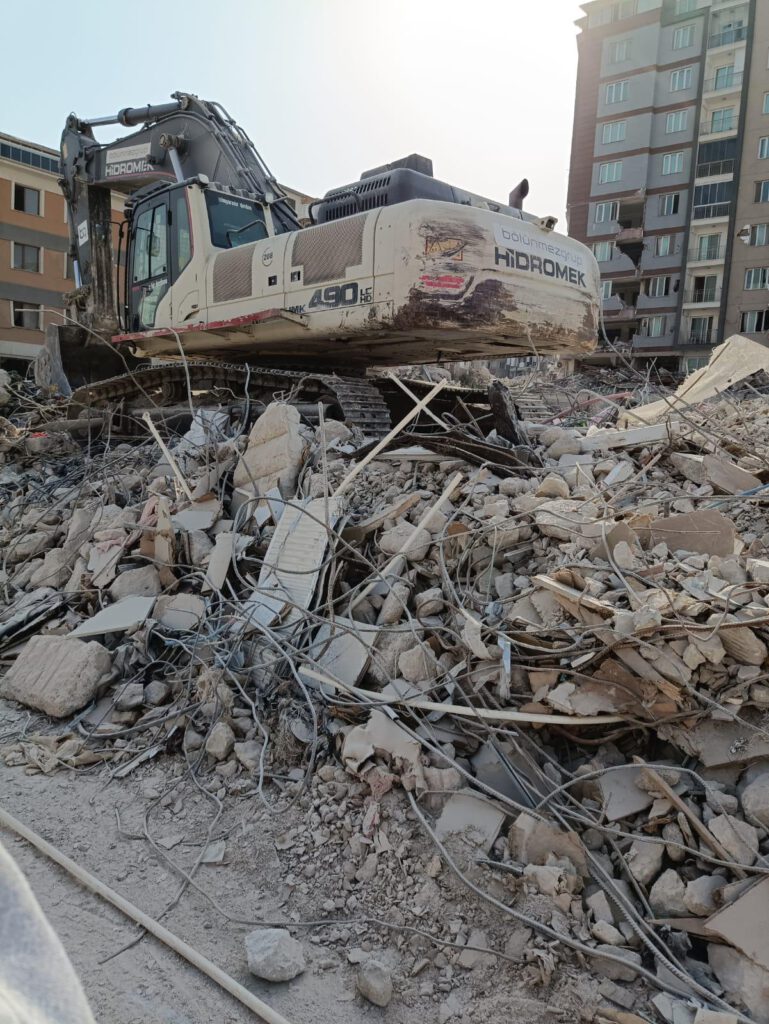
This city was founded by Nicator, an important commander of the Macedonian Alexander the Great, in the 300s BC. In order to honor his father Antiochus, Nicator named it Antiochheia. According to ancient sources, Antakya had a population of 300,000 in that era, making it the third largest city in the Roman Empire and the fourth largest in the world. Due to its location as a crossroads of the East and West, intersecting the Arab and Anatolian worlds, the region held great importance both commercially and culturally.
So, Antakya was actually a carefully planned and preserved city. Macedonians, Greeks, and Jews were settled in the region, and even citizenship rights were granted to the Jews. This was a significant advantage in the transition from the Roman Pagan tradition to the monotheistic Judaism. However, this region, despite its great importance, was unfortunately situated on geologically hazardous ground, as we can clearly see today. Being at the intersection of the Arab, Anatolian, and Eurasian plates, Antakya has experienced earthquakes not for the first time.
On December 13, A.D. 115, Antakya awoke to a great tremor. This is recorded in the notes of a historian named Cassius Dio in his book “Roman History.” According to Cassius’s account, the earthquake reached a magnitude of up to 7.5, equivalent to a massive destruction by today’s standards. Cassius, who estimated Antakya’s population at 500,000 at that time, noted the death toll to be around 260,000. While some historians find this figure exaggerated, others interpret it differently. During that time, the Roman Emperor Trajan, accompanied by his army, chose Antakya to spend the winter. Even Hadrianus, who would succeed him to the throne, was with him. According to Cassius’s writings, during another night of lights and upheaval caused by the earthquake, Emperor Trajan escaped through the window of his room and stayed in the hippodrome with his men for days. In Trajan’s pagan perspective, Christians were blamed for this earthquake because he believed that the gods were punishing them for allowing Christians to flourish. Trajan threw the Christian bishop to the lions as a punishment.
After Trajan began the reconstruction of Antakya, he died two years later, and Hadrianus succeeded him as the emperor. Hadrianus, who built a wall in the middle of England to prevent the invasion of the Celts, completed the city’s foundation while putting on the imperial crown in Antakya.
At this very point, one can’t help but wonder who has come and gone since A.D. 115, and what has changed. Are we, the people within the millennium, really so lacking in historical knowledge? Why don’t we know? Or do we know and then forget? Is someone making us forget, or did we never learn these things? Was it not taught to us? Did those who knew not tell us? Since the world, being a living entity, has its own movement, and if we know this, couldn’t we live in harmony with it? Is science itself a myth? If not, did scientists fall silent? Or did we close our ears and push this information away? Okay, let’s say we pushed these away, what did we prioritize? What to eat, what to wear, where to travel, and how to appear? Moreover, is it at the expense of our lives? Or is the life we put at the center actually not that important? Is the problem in the system? Or is it in us, the gears of that system? Or is all this normal, and the issue is just in fate? Indeed, this region that has been destroyed and rebuilt since A.D. 115 and the war drums ringing again inevitably make one wonder. Will this be the end, or are we circling back to the beginning again?
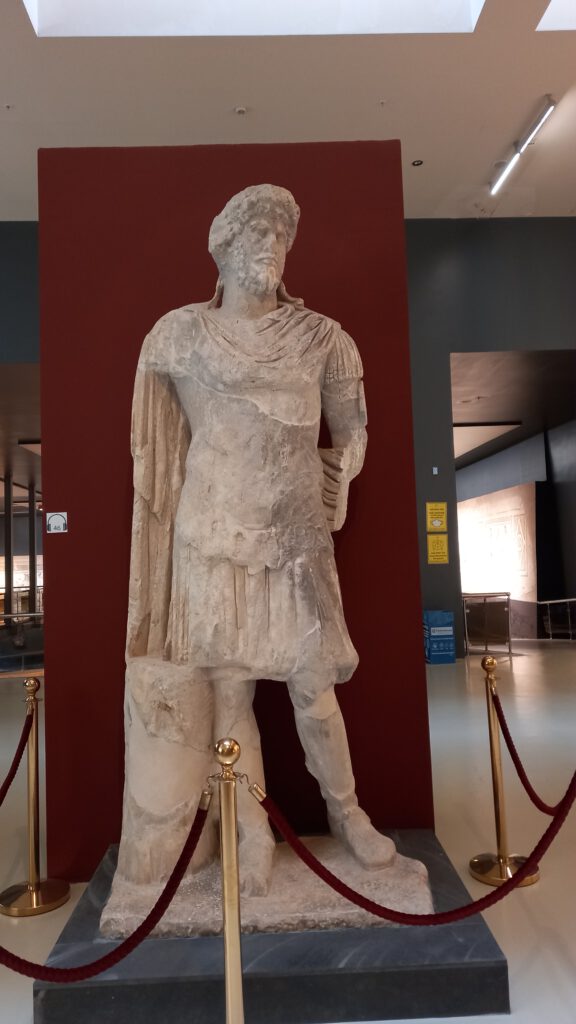
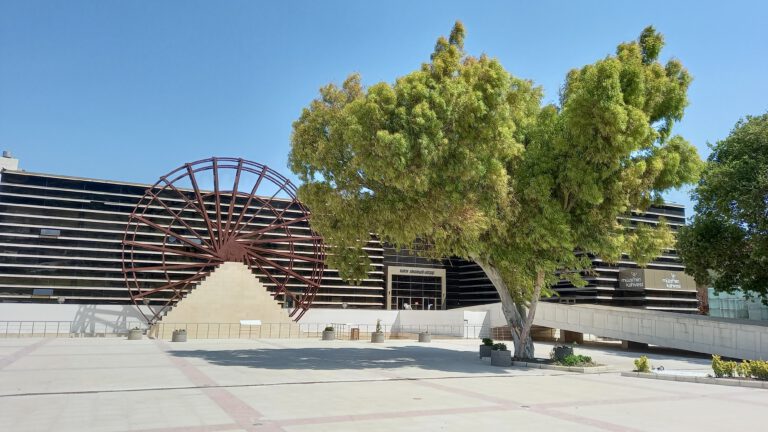
Is it just an earthquake that deeply shakes Antakya? No. In fact, when you look at its history, as I mentioned, it makes you wonder who has come, who has gone, and what has happened in Antakya. Now let me give a few more examples of this. Antakya is a city that has played a significant role in the origin of the word Christian. The term “Khristianos,” meaning those who believe in and are devoted to the Messiah, derived from the word “Khristos,” meaning Christ, was first used in Antakya.
Another significant example is the School of Philosophy in Antakya, founded by Lukianos in the 260s A.D. Lukianos gained fame for his open-mindedness and works on the interpretation of sacred texts. Lukianos also served as a mentor to Arius. Who is Arius, you may ask? Arius is the name of an individual who, during the Nicaea Council, was expelled and sent into exile when various Gospels were discussed. His like-minded friends shared the same fate, and they became known as Arians. So, what did the Arians advocate? They rejected the concept of the Trinity—Father, Son, and Holy Spirit. According to them, yes, there is one God, but Jesus is only His messenger, not His son. Thus, Antakya emerges as a city that has harbored figures who left a significant mark on a crucial divergence of thought within Christianity. Additionally, the St. Pierre Church, known as the first church of Christianity, is also located in Antakya.
Another example is the Holy Grail, said to be in Antakya. In connection with this, Duchess Eleanor of Aquitaine comes into play. Aquitaine is a region located in the southwest of France. Duchess Eleanor, during the Second Crusade, joined the crusade with her husband, who was the king of France at the time, and came to Antakya. She stayed here for quite some time, actively searching for the Holy Grail. According to some sources, she found it, while others claim she returned empty-handed. Some even suggest that she found and kept the grail in Antakya, while others say she took it with her. Against her will, Eleanor returned to France with the king, promptly divorced him, and lived for a while in Aquitaine, where she commissioned books related to the Holy Grail. Later on, Eleanor married the king of England, becoming the mother of the famous Lionheart, Richard, and the troubled John. Oh, Antakya hosted quite the guests and holds many secrets, it seems. Antakya, the birthplace of many questions and the pursuit of truth for countless seekers.
What is the truth? Where is it? Whose is it? Is it there or not? What is its nature and form? Should one pursue the truth if it exists, or should one turn away from it with a U-turn? Asking questions and chasing the truth, putting one’s hand under the stone, is it necessary to abandon all of this and live in the mode of “I don’t care about the world” with tweezers in one hand and a mirror in the other? Or is the issue something that sounds good to the ear and looks good to the eye? Is that also a separate truth? Or, and perhaps, is everything arranged in a circle, and humanity and its fate are traversing this circle? We just don’t know if there will be an end to these endless questions. Will the apocalypse, which we witness in its history, be an end?
Antakya has established itself as a privileged region throughout history due to being a intersection point of the Arab, Eurasian, and Anatolian regions. This is a well-known fact. Whether pagan, Christian, Jewish, or Muslim, it is one of the rare places where communities of many beliefs have been able to coexist for thousands of years, making it truly unique. When one strolls through the streets of Antakya, they can inhale the aromas of this marvelous mosaic, lose themselves in its sights, and even touch it. Because in every corner, it’s possible to witness a historical structure carrying the past into the present.
One of these is the Habibi Neccar Mosque, believed to be built on top of a pagan temple and holds significance for Muslims. Located on Kurtuluş Avenue in present-day Antakya, it is thought to have been built in 636 during the reign of Caliph Omar, following its conquest by Muslim Arabs. Therefore, it is considered the first mosque built in Anatolia. However, due to both geological and political reasons, the region has experienced numerous earthquakes, leading to the mosque being destroyed and rebuilt multiple times throughout history. One such destruction occurred during the Crusades, and it was subsequently reconstructed when it was taken by the Mamluk Sultan Baybars. The mosque that stands today was rebuilt after the earthquake in 1853, following Antakya’s incorporation into Ottoman territories during the reign of Yavuz Sultan Selim.
So, why has this mosque been rebuilt continuously, and why is so much importance attached to it? Perhaps the whole matter is hidden here. To unravel this mystery, we need to look at the origin and story of the name Habibi Neccar. And the story is so ancient that its starting point goes back to Jesus Christ. Here’s the story: Saint Barnabas and Saint Paul, who were disciples of Jesus, come to Antakya. On the way, they encounter a man. This man, who adheres to the Pagan belief of that time, had been ostracized in Antakya because his son had leprosy. He had to live in a cave on the mountain to take care of his son. His profession is carpentry. Seeing these two strangers, the carpenter asks, “Who are you, and what are you?” They reply, “We came to introduce the true religion. We are messengers of Jesus.” Upon this, the carpenter says, “If that’s the case, you need to prove it to me.” In response, the disciples heal his son’s leprosy. The carpenter then believes in them, becoming the first person in a pagan society to embrace the belief in the oneness of God. Later, Saint Barnabas and Paul descend into Antakya, preaching the faith of Jesus. However, the people become uncomfortable with this and complain to the governor, fearing that they will bring misfortune. At that moment, the third disciple, Saint Peter, also arrives in Antakya. The governor calls them and asks for a miracle. It is said that Saint Peter revived a dead person, and the governor believes them. Still, since the people refused to believe, they attempted to stone them. Just at that moment, the carpenter, running down from the mountain, tried to stop them, shouting, “Believe in them!” But he, too, was stoned to death. This man’s name is Habibi Neccar, and he is commemorated as the first martyr of the faith. The same story is also narrated in the Quran, in the Yasin Surah. The tombs in the mosque are believed to belong to Saint Barnabas, Saint Paul, and Habibi Neccar.
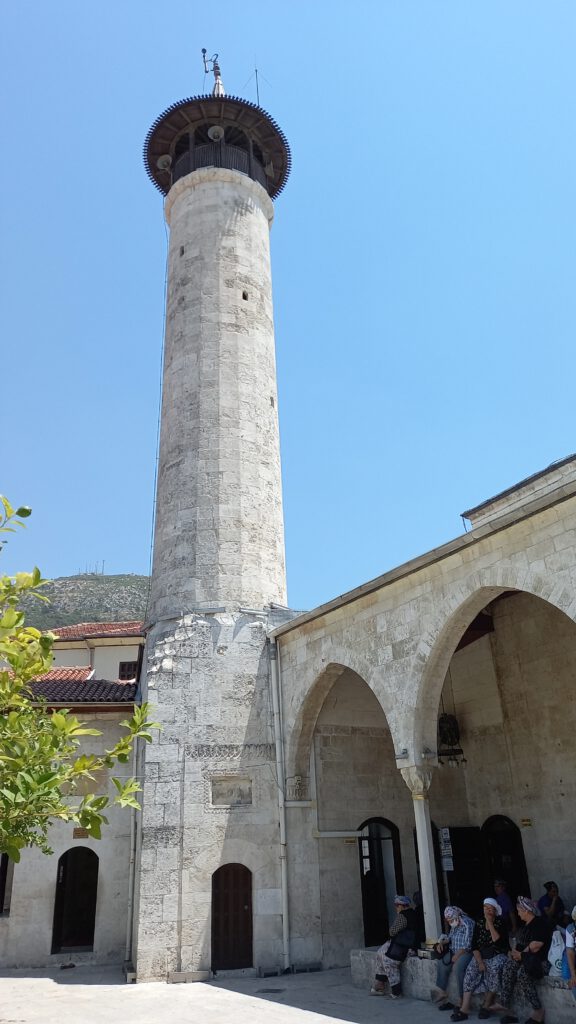
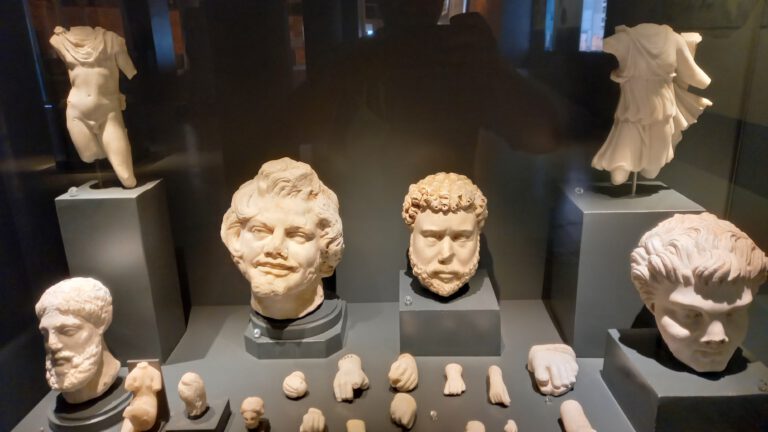
This mosque holds great significance in both religions because of this story. And this tale prompts one to wonder: What has changed? Who has the right to take a life that Allah has gifted? And why? Does your belief threaten my existence? If so, why? Can’t you bow with respect before my faith? Can’t we? If the answer is no, what is the reason? Is the truth on your side or mine? Or is the reason simply the ego? Is it the ego that rejects what is not from me? Or is it fundamentally absent? And has Habibi Neccar come to an end? Well, does this have an end?
Learning about what happened in history can be both enjoyable and surprising, but realizing and perhaps accepting that we too will become history is a bit melancholic, isn’t it? Nonetheless, time passes one way or another. Here’s another example I came across while flipping through the pages of the past: They say that with every destruction of Antakya, there was an emperor who rebuilt it. One of these demolitions coincides with the period when the Byzantine Empire asserted its presence over Antakya. In 525 AD, Antakya was shaken by a massive fire. Just as it was recovering from this, earthquakes struck in 526 and 528. And this time, it was Byzantine Emperor Justinianus who rebuilt Antakya.
We learn about these events from the accounts of ancient writers Ioannis Malas and Saint Theophanes. They say, “Such a great earthquake occurred that the prayers of nearby cities could be heard from here. And during this earthquake, there was snow in Antakya. People laid on the snow, praying to Allah and Jesus. Then a figure appeared to them and told them to write ‘O Jesus, have mercy on us, protect us’ on the doors. People wrote this on all the remaining doors, and as a result, the earthquake stopped.” Ancient writers probably indicate the period when aftershocks ceased.
Due to the earthquake, all activities were canceled, and Emperor Justinianus, instead of crowning himself, joined the public in days of prayer. Meanwhile, to rebuild the city, he refrained from collecting the annual tax of a thousand talents (an ancient measurement unit) from Antakya for three years, covering everything from aqueducts to the theater. Perhaps feeling a great need for divine protection at that time, he changed the name of Antakya to Theopolis, meaning “City of God,” and even minted coins with this name. However, since the people did not embrace this name in the long run, it reverted to Antakya.
Here, another question comes to mind: is life a puzzle? What goes unnoticed? Who creates? Who disrupts? Where is the account, and who gets lost in it, so that we keep coming back to the same place each time? Emperor Justinianus, displaying the attitude of “your pain is my pain,” did he pray for Antakya? Or is he aware of the region’s wealth, praying because the returns outweigh the losses? If there is reincarnation, where is Justinianus today? And if history truly repeats itself, is it our turn to pray today?
Towards the end, I want to share an interesting rumor about Antakya. It is said that Antakya is impregnable. For it to be conquered, there must either be a massive earthquake or internal betrayal. And this betrayal was experienced by Antakya during the Second Crusade with Firuz Bey. The Crusader armies arrived at the Antakya castle in October 1097. At that time, Yağı Sayan, the emir of Antakya and the commander under the Great Seljuk State Sultan Melikshah, had prior knowledge of their arrival. Fearing that the Christians living in Antakya would assist their co-religionists, Yağı Sayan devised a cunning plan. He sent all Christian men outside the castle to dig trenches, and after the trenches were dug, he closed the castle gates, allowing no one inside. As a result, some of the Christian men left for other places, and some stayed outside the castle in camps, unwilling to abandon their wives, children, and relatives. Over time, these men found their way into and out of the castle’s hidden spots and, as the siege progressed, began spying for both sides. But it wasn’t just Yağı Sayan playing the game. Beomondo, one of the commanders of the Crusader forces, also devised a clever plan. He investigated among the Christian men inside to find someone who could betray the city and eventually found one.
This man was Firuz, a blacksmith in Antakya’s army, specializing in armor production and repair. Therefore, he was familiar with Emir Yağı Sayan. However, Firuz’s relationship with the emir was not very good. Yağı Sayan had heard that Firuz was hoarding a surplus of provisions and selling them on the black market at high prices. In response, he fined Firuz and warned him. Unhappy with this situation, Beomondo reached out to Firuz. After many secret meetings and the promise of money and a title, Firuz, now ready to betray, did as instructed and opened the gate for the Crusader armies from within.
If all these events were part of a chess game, I would make a move against your move and declare checkmate with a smile, dismissing it as just a game. However, we all know that this is not a game. Unfortunately, we are still entangled in similar cunning scenarios. At times like this, one can’t help but wonder what has truly changed from those days to today?
Firuz’s conscience that day makes one wonder where it might be found today. Who has taken the place of those who cunningly planned that day? Could the fabric and scent of betrayal have changed today? Isn’t it a form of betrayal when you draw my blood with your visual appeal, which is essentially an inner betrayal? When, under the guise of a title called a career, you crown me, isn’t it a form of betrayal to take away my mind? Where does this chain of betrayal begin and how far does it go, known or unknown? Doesn’t one ever ask, amidst all this, where do I stand?
And if we were to say, “Hey, God, now, even if the 8 billion people ( except children ) in the world go all round the houses and join in prayer, will it be accepted?”


